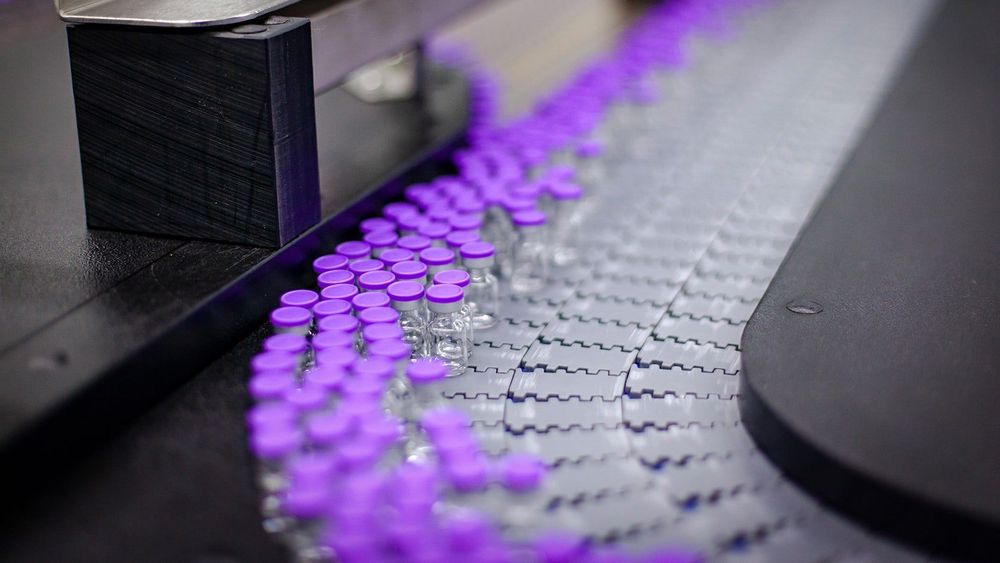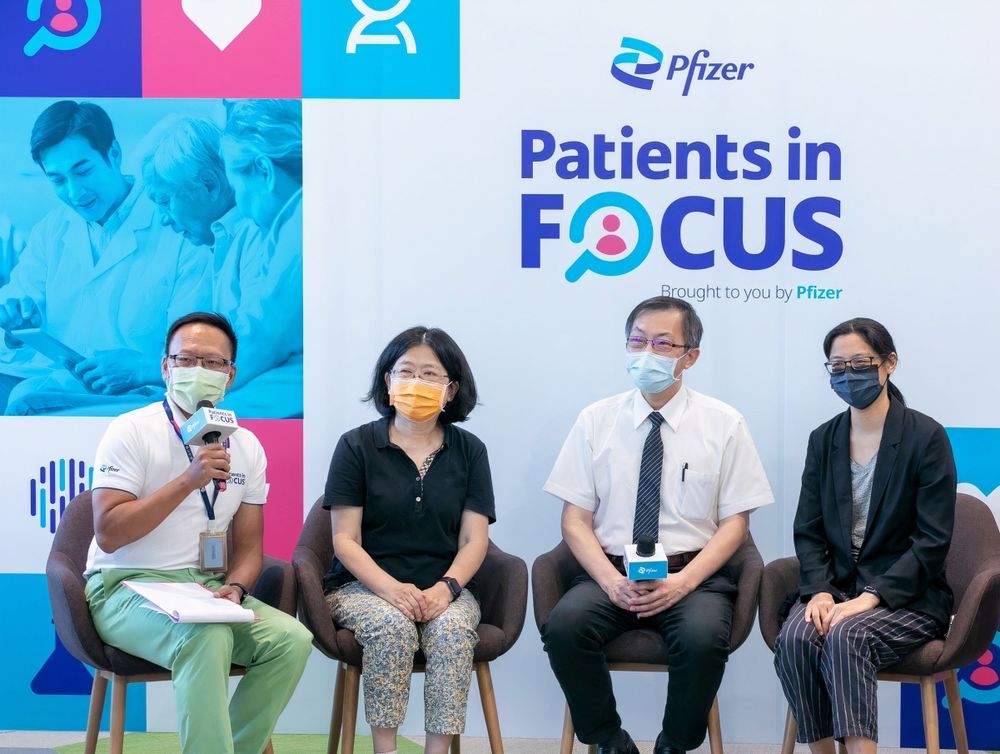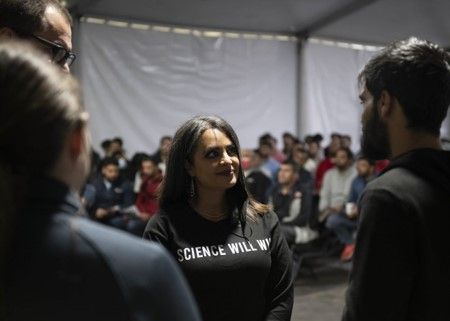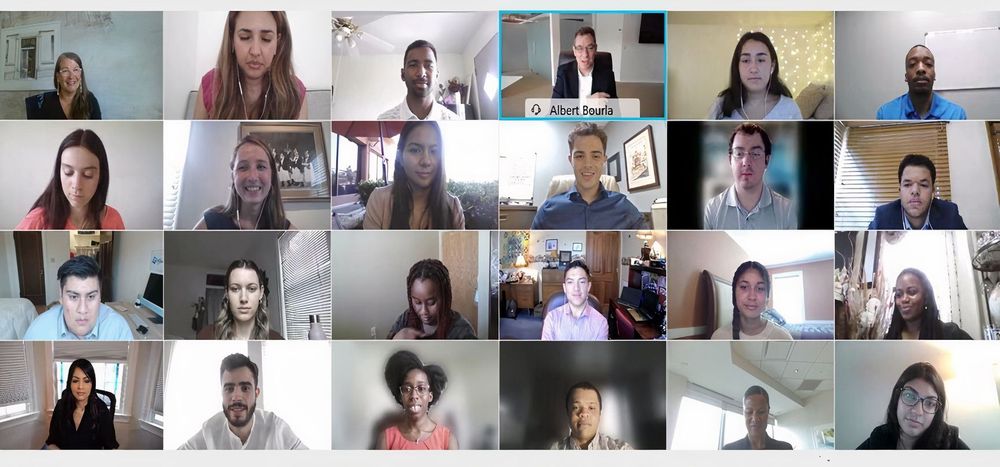COVID-19 Vaccination: Deepening the Public’s Trust Through Science
Immunization is the single most important public health advancement in history, after clean water.1 We are proud to have a rich legacy in vaccine research and development. For decades, we have played a pivotal role in helping to eliminate deadly infectious diseases like smallpox and polio globally. We’ve designed novel vaccines based on new delivery systems and technologies that have helped prevent bacterial infections. Now, with our collaboration partner, BioNTech, we’ve successfully developed a breakthrough vaccine against COVID-19 using mRNA, or messenger RNA.
While billions of people worldwide are vaccinated against COVID-19, some people remain vaccine-hesitant. Many factors influence vaccine decision-making, including cultural, social, political, and vaccine-specific factors. People may also want to know more about how COVID-19 vaccines were developed and authorized, as well as how we and health agencies established their safety profiles and effectiveness.2

The Pfizer-BioNTech COVID-19 vaccine is recommended by the CDC for use in the U.S. It has been approved by the United States Food and Drug Administration (FDA) for people 16 years of age and older and authorized under emergency use authorization for people five through 15 years old.
We remain committed to being transparent when it comes to sharing information of our ongoing COVID-19 vaccine trials. To date, we’ve published data on the safety and efficacy of the Pfizer-BioNTech COVID-19 vaccine from various global studies in leading peer-reviewed journals.
Additionally, real-world effectiveness data, including that from Israel, have continued to provide important information on the safety and effectiveness of our COVID-19 vaccine against infection and severe disease. Data from these real-world studies have helped shape local decision-making in numerous countries for regulatory approvals, vaccine schedules, and authorization of booster doses.
Altogether, we believe clinical and real-world data are critical to understanding the true value of vaccines in combatting this deadly disease. Looking ahead, we will continue to share data from our ongoing COVID-19 clinical studies and real-world analyses.
Emergency uses of the vaccine have not been approved or licensed by FDA, but have been authorized by FDA, under an Emergency Use Authorization (EUA) to prevent Coronavirus Disease 2019 (COVID-19) in individuals 5 years of age and older. The emergency uses are only authorized for the duration of the declaration that circumstances exist justifying the authorization of emergency use of the medical product under Section 564(b)(1) of the FD&C Act unless the declaration is terminated or authorization revoked sooner. Please see EUA Fact Sheets at www.cvdvaccine-us.com.
Greenwood B. The contribution of vaccination to global health: past, present and future. Philos Trans R Soc Lond B Biol Sci. 2014;369(1645):20130433.
U.S. Centers for Disease Control and Prevention. Building Trust in COVID-19 Vaccines. 2021. https://www.cdc.gov/vaccines/covid-19/vaccinate-with-confidence/building-trust.html. Accessed November 8, 2021.


